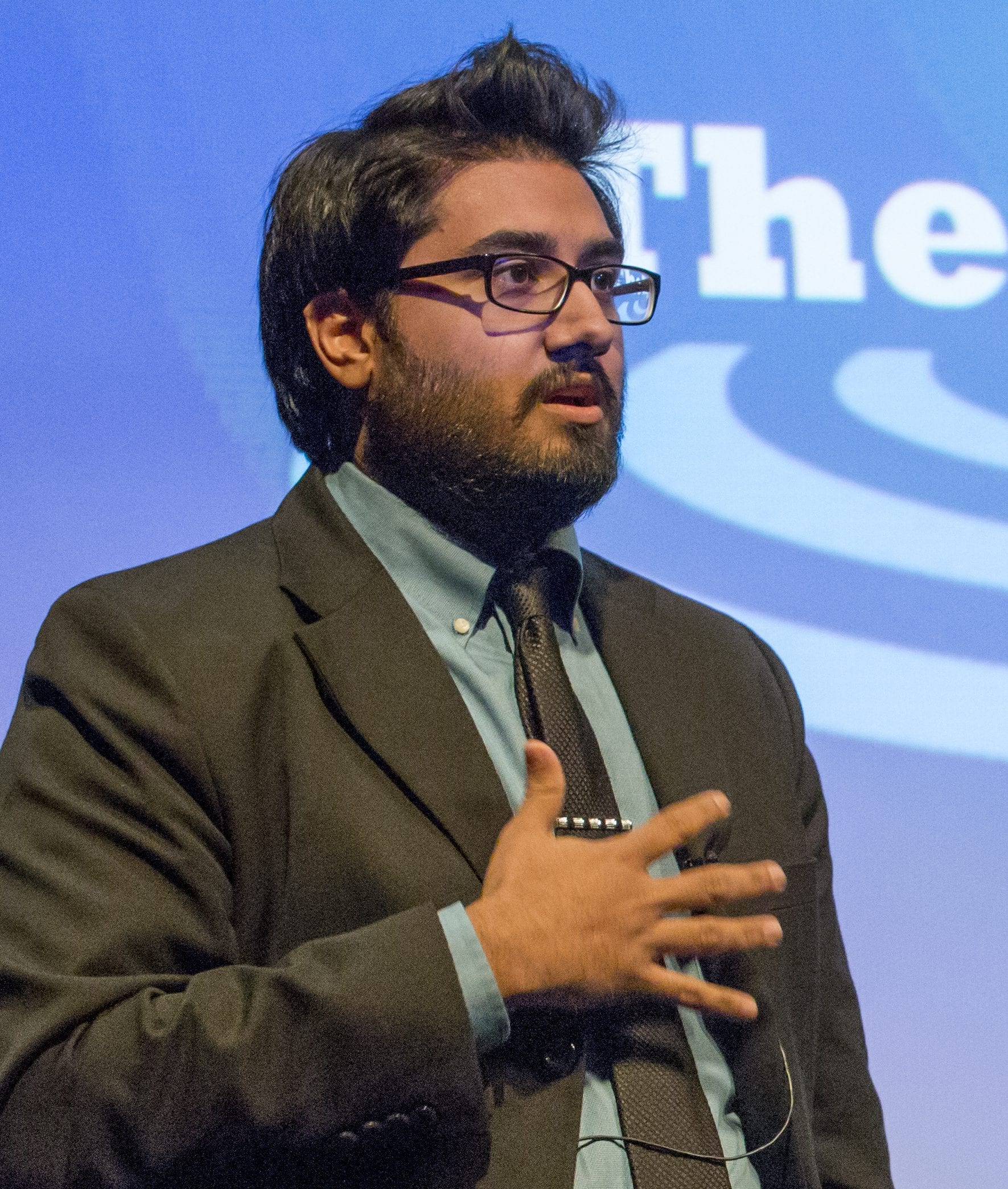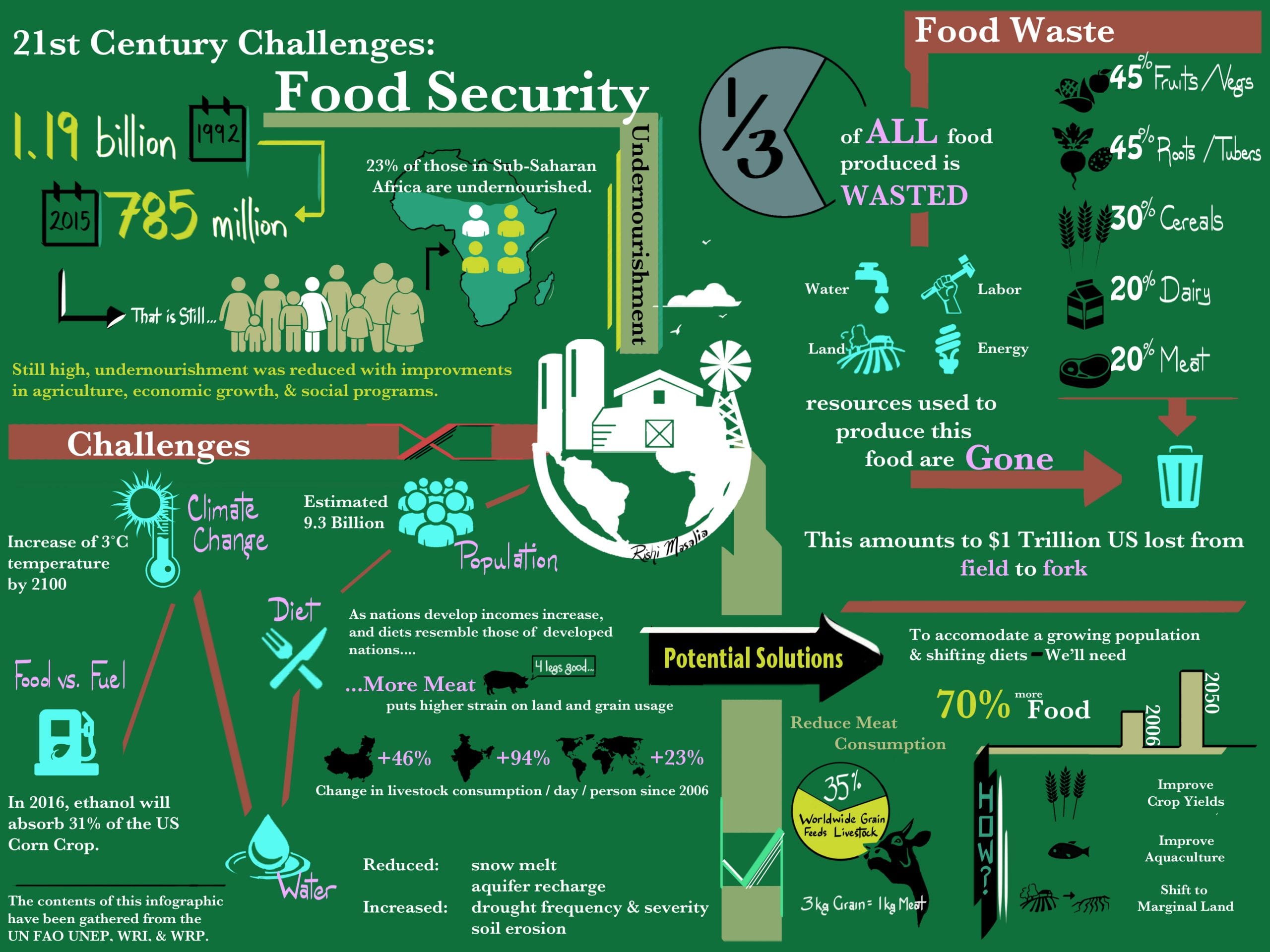The Storms We Wield:
The Storms We Wield: The human superpower to change the weather Her eyes turn white. Winds pick up. Lightning engulfs the sky. Marvel's Storm is brewing; you'd better hope she's fighting for you. Storm's abilities to control the weather are among the most impressive and versatile powers in the comic universe. By manipulating thermal, electric,





